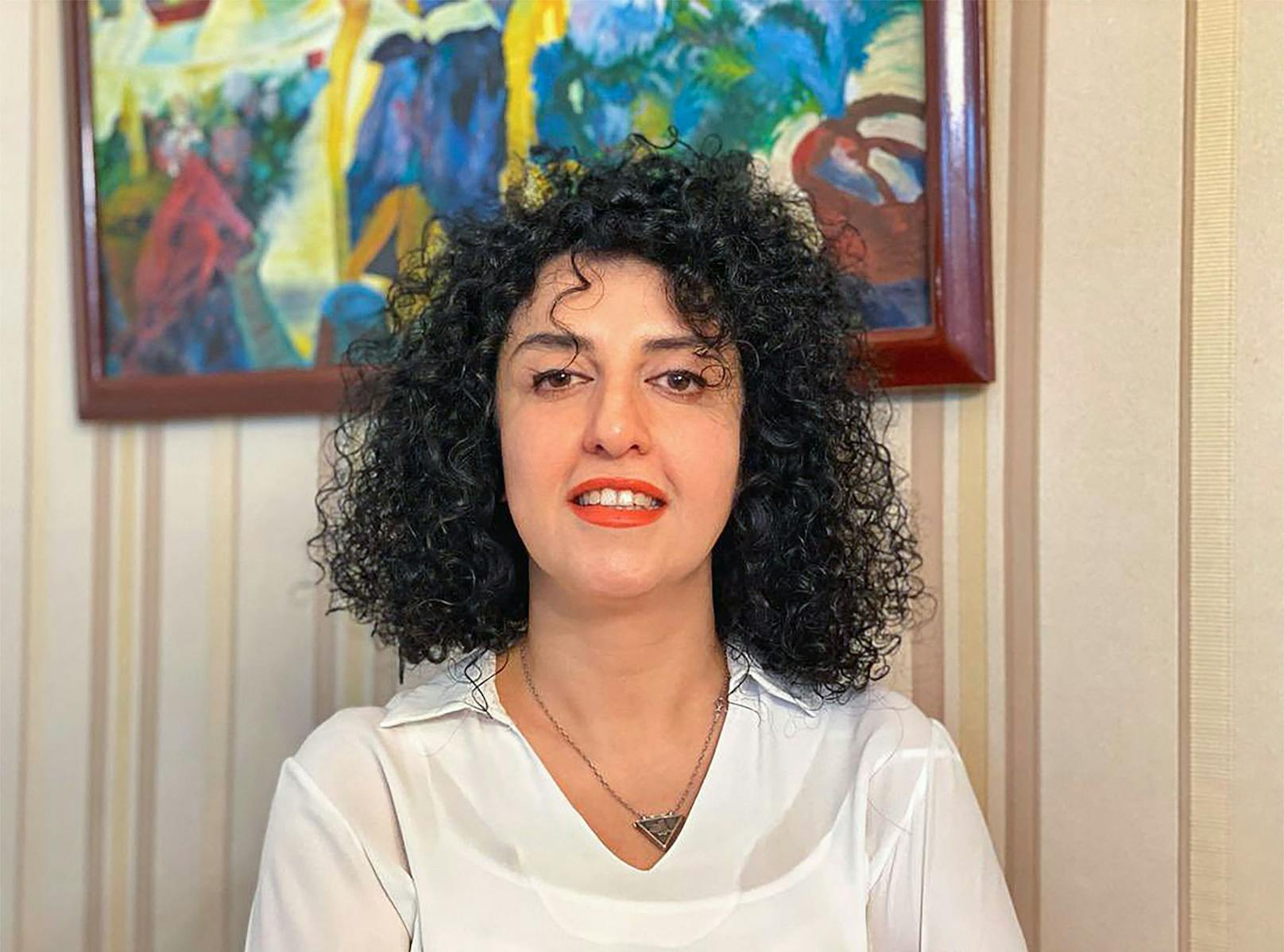Norwegian Nobel Committee sounds alarm following urgent call from imprisoned women's rights champion.
Iranian women's rights activist and Nobel Peace Prize laureate Narges Mohammadi has disclosed that she faces "direct and indirect threats of physical liquidation" from Iranian authorities, triggering international alarm over her safety. The disturbing revelation emerged during an emergency telephone call to the Norwegian Nobel Committee on Friday, July 11.
The 53-year-old activist, temporarily released from Tehran's infamous Evin Prison last December for urgent medical treatment, contacted Nobel Committee Chair Jørgen Watne Frydnes to report the regime's escalating intimidation campaign. Frydnes confirmed that Mohammadi's message was stark: Iranian security agents have explicitly threatened her life.
These threats carry explicit demands — Mohammadi must immediately cease all civic activities within Iran and abandon international advocacy efforts, including media appearances defending democracy, human rights, and freedom of expression. This ultimatum represents a calculated attempt to silence one of Iran's most courageous voices for reform.
The Norwegian Nobel Committee swiftly condemned the threats, voicing "profound concern" for Mohammadi's safety and that of all Iranian citizens who challenge the regime. While the committee has urged Iranian authorities to protect Mohammadi and uphold freedom of expression, Tehran has consistently ignored such international appeals.
For months, Mohammadi's legal representatives have warned that her medical furlough could end abruptly with re-imprisonment at any time. The current death threats signal an ominous escalation in the regime's campaign against the activist, who remains undeterred despite relentless persecution.
Background: Decades of Defiance
Narges Mohammadi stands as a towering figure in Iran's embattled human rights movement. Her steadfast opposition to executions and mandatory hijab laws has made her a prime target for the Islamic Republic's security forces.
Her activism has exacted a heavy toll — multiple prosecutions and incarcerations have stolen most of the past decade from her life, confining her within Evin Prison's walls. Yet even from captivity, she has maintained her advocacy, smuggling statements to the outside world and coordinating with international human rights organizations.
Global recognition of her courage came with the Nobel Peace Prize, making her the nineteenth woman to receive this honor. She joins fellow Iranian activist Shirin Ebadi, the 2003 laureate, as only the second Iranian woman to earn this distinction.
These latest threats unfold amid intensifying repression across Iran, where authorities have brutally suppressed recent protest movements. Mohammadi's plight illuminates the perilous reality for human rights defenders in Iran, where advocating for fundamental freedoms can result in imprisonment, torture, and explicit death threats.
As international observers express mounting concern, Mohammadi's case starkly demonstrates that even the prestige of a Nobel Prize offers scant protection against authoritarian regimes determined to crush dissent. Her continued defiance, despite facing the ultimate threat, embodies the resilience of Iran's pro-democracy movement.
Photo: Haute
